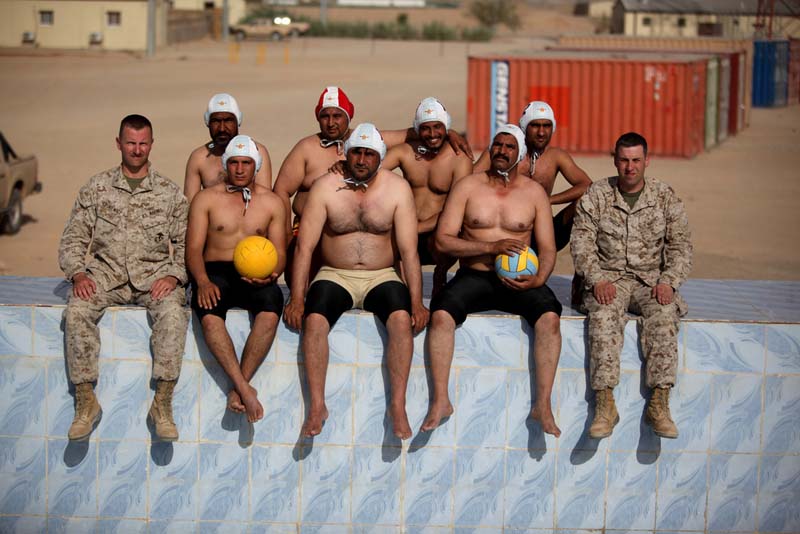Gates Pleads for Funds for State Department Work in Iraq
BY Herschel SmithFrom The Washington Post:
Defense Secretary Robert M. Gates told a Senate committee Thursday that everything the United States has accomplished in Iraq is potentially at risk if the State Department does not get the money it has requested to fund its work there as U.S. forces exit this year.
In an impassioned plea during a Senate Armed Services Committee hearing on next year’s Pentagon budget, Gates cited the loss of more than 4,000 American lives in Iraq and the expenditure of some $900 billion.
He said it is “a critically urgent concern” that a planned $5.2 billion allocation for fiscal 2012 be approved, so that the State Department can carry on the training of Iraqi police and other programs once handled by the Pentagon.
He pointed out that because current funding is limited by the continuing resolution for fiscal 2011, which allots funds at 2010 levels, the State Department “can’t spend the money to get ready right now. . . . There are facilities to be built. There are people to be hired. And they can’t do any of that. And so we’re going to run out of time in terms of being able to get this accomplished.
[ … ]
Graham asked Gates whether it wouldn’t be better for the U.S. military to provide needed security, rather than having the State Department hire a “private contractor army.” The defense secretary agreed.
Gates disclosed that there have been informal talks with the Iraqis about the possibility of a new agreement for some U.S. forces to remain after Dec. 31 to help with intelligence, logistics and air defense.
But the defense secretary said that because the presence of American troops remains unpopular in the country, no Iraqi political leader wants “to be the first one out there supporting it.” He said his hope was that once a new Iraqi defense minister is named, “we will be able to move forward with this dialogue with the Iraqis.”
So our mission in Iraq is in jeopardy because we can’t get the funding allocated to the State Department in the proposed budget, and Gates is critical of the continuing resolution for fiscal 2011 because it holds spending at current levels. The problem isn’t the fact that we never went after Iran in the regional war that was Operation Iraqi Freedom. The problem isn’t that the Obama administration proposed an obscene and immoral budget that had to be stopped by the GOP. The problem isn’t that Maliki lied to the “Sons of Iraq” about providing jobs and instead went after many of them on criminal charges. The problem isn’t that the Iraqis had far too much confidence in their ability to provide stability and security, thus forcing a highly deleterious Status of Forces Agreement that had U.S. forces locked into their bases as if under house arrest. No, the problem is that the State Department needs more money.
The State Department, recall, that went after Blackwater on weapons charges, was awarded $42 million in court, and then turned around and hired military contractors for its own protection in Iraq. That State Department. Gates has made some bad judgments in the recent past, including promulgating the notion that Iran is merely seeking self defense concerning its bid for nuclear weapons, and pressing for the lame duck session ratification of the New START treaty. But this is becoming a habit.
It’s doubtful that the State Department can do anything useful in Iraq, but the Congress can choose to allocate the resources without abdicating their stand on the continuing resolution for fiscal 2011. Either way, Iraq is at a crossroads. She can choose to rectify the sectarianism and then provide the U.S. with a new, more robust SOFA, or she can choose to descend into backwards, seventh century barbarism. There is little the State Department can do to assist in either case, and the U.S. military will be better for Iraq than diplomats. But there is no scenario in which Iraq embraces extremist, militant Islam and yet comes out the other end as a civilized, prosperous state. The two are incompatible.
Prior on defense budget: Sustainable Defense Task Force




